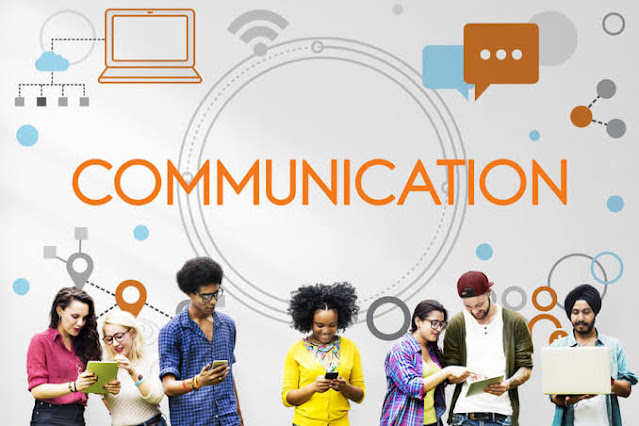Why is EVM being forced to Ban in India?
Q.:- What is EVM?
Ans:-
EVM is Electronic Voting Machine. It uses for conducting election. Sometime called EVMs in India.
Advantages of EVM:-
- This machine has a chip that is programmed for a one time. And it cannot be connected to external devices and networks like Internet, Wi-Fi, USB, Bluetooth. There can be no hacking case on this.
- When a voter press blue button of EVMs. Then it shows a VVPAT( Voter Verifiable Paper Audit Trail Machine) slip. This way, EVMs ensure that one person gets to vote only once.
- This machine has own batteries. Hence, it also lighter and easily portable compared to the huge ballot boxes.
- This voting process is simpler and Voter can register vote with just click on the blue button.
Disadvantages of EVM:-
- Dr. Alex Halderman, professor of computer science in the University of Michigan says, “EVMs used in the West require software attacks as they are sophisticated voting machines and their hardware cannot be replaced cheaply. In contrast, the Indian EVMs can easily be replaced either in part or as wholesale units.” EVMs manufacturers can perform fraud not only by using generic microcontroller but they replace mother board also (contains the microcontroller). These manipulations are undetected. The BEL and ECIL (EVMs manufacturers) have shared the top secret EVM software program to copy it onto the microcontrollers used in EVMs with two foreign companies, Microchip(USA) and Renesas (Japan).Whereas it can be done in India by manufacturers. Other than this when they handover the microcontroller chip, the code was unreadable by the Indian EVM manufacturers, and this software not even made available with election commission for some security reason. With such facts the software and as well as hardware both are not safe and secure.
- Apart from replacing hardware parts and software sharing, Indian EVMs can be manipulated using fraud display board by replacing real display in control unit which shows the fraud vote count result at the time of counting.
- Unlike the fraud display there is a device which attached directly to the EEPROM memory card inside the control unit. In India counting of votes takes some weeks after voting so insider or criminal can use the clip-on device to change the votes recorded in EVM.
- The Government at the time of election may hire any manufacturer or company for manufacturing EVMs according to the needs of the political party in power. An EVM can be tampered during manufacturing stage, that too during the manufacturing of the Chip. After tampering the EVM, it’s difficult to detect it by a third party.
- The votes that are cast using the electronic voting machines are stored in a safe storage or space in the computer machine memory. The time gap between election and the counting of votes is a risk to possible hacking and manipulation.
- There are so many issues which comes in newspaper and news channel that the EVMs result is not fair in the election of 2014 and also in election of 2017.
EVMs are banned in many countries:-
- Netherlands (cited lack of transparency and risk of eavesdropping and securing cannot be guaranteed).
- Ireland (after spending 51 million pounds for three years due to lack of transperancy and trust).
- Germany considered e-voting unconstitutional due to lack of transparency to a common voter.
- Italy (because EVMs are easy to falsify).
- US (California and other states banned EVM's without paper trail).
- CIA security expert Mr. Stigall, monitoring use of Electronic Voting Systems in developing nations such as Venezuela, Macedonia and Ukraine reported abuse using Electronic Voting Machines.
- When Chavez won in Venzuela, mathematicians challenged and found a "very subtle algorithm” that appeared to adjust vote in Chavez's favor.
Why have Countries rejected EVM ?
Reason:- Several developed countries in the world rejected electronic voting machines because they are easily manipulate, not secure and not error free for election in democratic society. In India all the EVMs do not produce paper trails, which is its major disadvantage. Developed nations like the United Kingdom, France, Japan and Singapore have so far stuck to voting on paper ballots, owing to their simplicity, verifiability and voter confidence in the system.
The countries Ireland, Italy, California, Germany, Netherland, Finland rejected EVMs because they don’t trust on EVM machines and think that E-voting is unconstitutional.
Conclusion:-
In India, such indians started Hastag(#) on twitter #BanEVM_Savedemocracy, #Ban_EVM. If you are agree with that please support that, and if you are disagree with that please denied that.
Thanking you for read my blog 😁😁















1 comments
Nice judgement
ReplyDelete